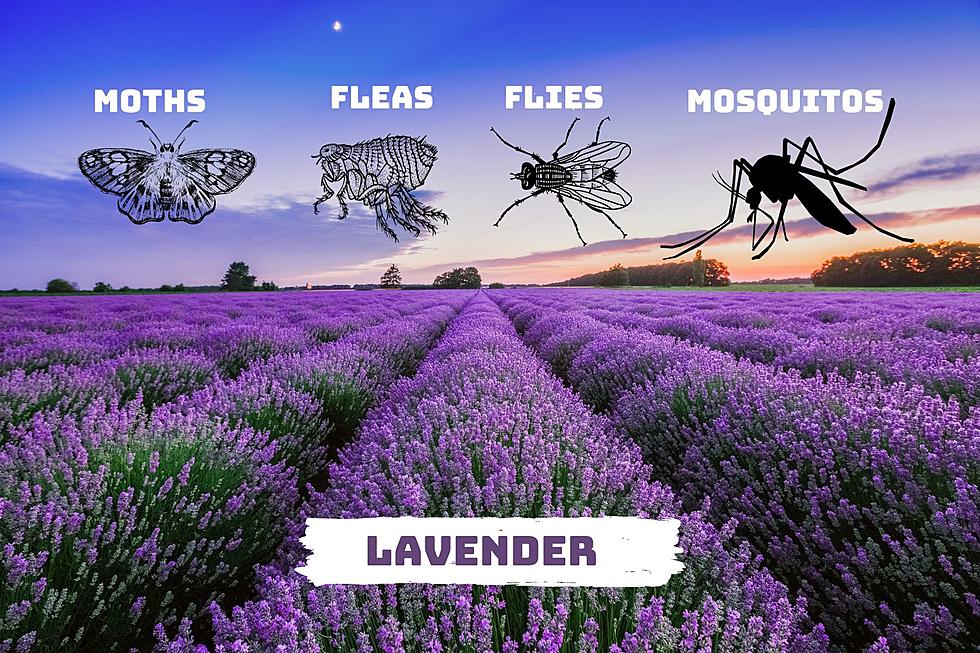
Patience Needed in Weighing Benefits of No-Till
We're all resistant to change. And it's no different when it comes to tillage practices on the farm. Many growers are concerned about the effect on yield results. Cornell Cooperative Extension will share the results from two Central New York farms using no-till.
While the practice can help cut operating costs with less trips across the field, it also lessens the impact of soil compaction. But the hidden benefit that doesn't appear right away is improved soil health.
"Limiting tillage and planting cover crops can make significant positive changes in yield, sustainability and resiliency of fields under very different environmental conditions"
Inconsistent weather patterns the past few years have caused everything from massive gulleys in hillside fields in 2013 to last year's drought. Limiting tillage allows soil structure to rebuild increasing infiltration of water into the soil rather than having the water pond on the surface or run off taking top soil from our fields.
No-till significantly reduces organic matter losses associated with tillage. Organic matter provides the ingredients for making the glue that helps hold soil particles together to help form structure that produces soil pores where oxygen and carbon dioxide are exchanged between the root zone and the atmosphere. The soil pores are a conduit for water to enter the soil profile reaching plant roots. Organic matter has the abilities of a sponge holding on to water that plants can use as soils dry. It also holds on to nutrients vital to plant growth and development.
CCE will present a No-till Workshop at their offices in Oriskany on February 16th from 12:30 to 2:30pm. John Kimmermen, a dairy farmer from Chenango County and Sam Yoder a local dairy farmer from Ava will talk about their no-till practices and how their land has responded. There's no charge for the workshop, but you do need to register. Call Linda at 315-736-3394 extension 124 to reserve a spot.
More From Big Frog 104









